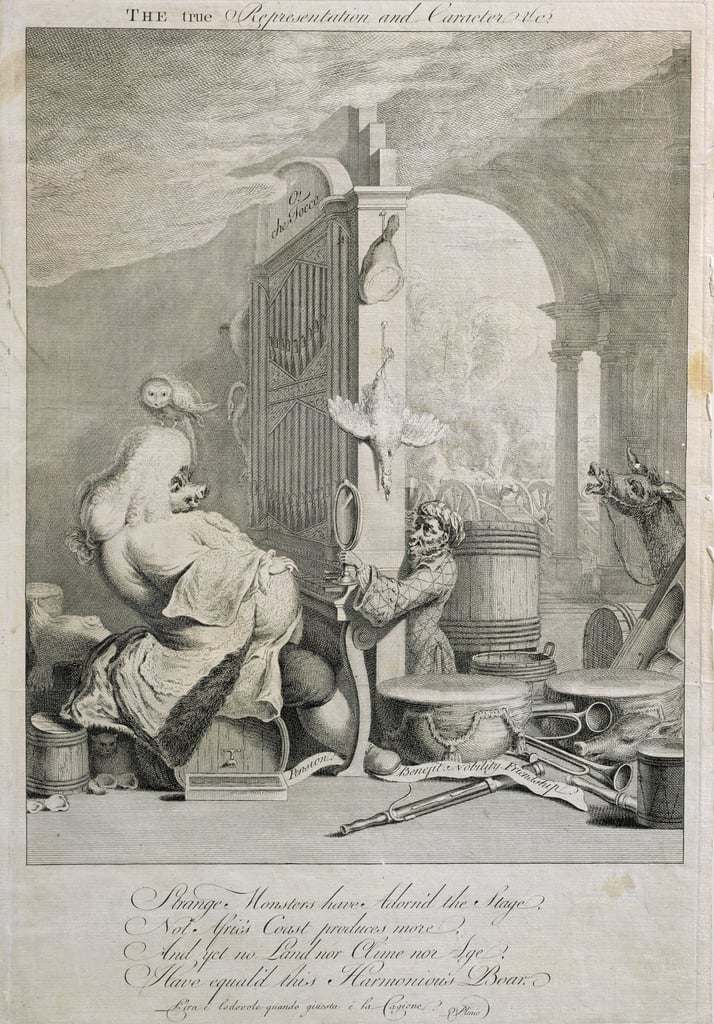




Quartet parts for paper, f&b (corrected to 8/9/23)

I finished Violin
Concerto No. 2 for Eric Pritchard in
2018, and then a little cello quartet. After that, I found myself
mysteriously unable to compose anything for four years. My muse up and left me,
and I assumed that I had retired for good. In spring 2022, I started several months
of revising old scores, and had three performances of older chamber music. This
got me back in the groove, and in October 2022 I started up again, choosing the
ensemble that is easiest for me to write for, piano quintet, and the easiest
format, a variation on an existing piece. Iíve done such a variation twice
before, for Beethovenís Grosse Fuge and for Vivaldi/Bach Concerto for
Four Violins/Harpsichords (first movement only). This time I picked Brahmsí
Variations and Fugue on a Theme by Handel for piano. That means that
this work is variations on variations on variations, hence the title Cubic
Deviations. This piano quintet is the basis of the version for full
orchestra.
Handel was in his twenties when he wrote his original theme for harpsichord, and Brahms was 28. At 68, I find it handy to borrow the youthful energy in my dotage.
The
instrumentation for the orchestral score is; piccolo, two flutes,
oboes, clarinets, and bassoons; four horns, two trumpets, two
trombones, bass trombone, tuba, timpani, piano, and strings.
There is a delicate balance in a process
like this, where the composition canít be too close to the original, because
then itís just a transcription and arrangement, but canít be too far away,
because then whatís the point? This piece
follows the format of the Brahms original, although I have skipped
three of the
25 variations. The initial statement of the theme is very close to
Handelís
original, with a few curve balls, and may deceive the audience into
thinking
this is a retrograde exercise in nostalgia. The first deviation should
dispel
that notion. This is a work of the 21st Century, written in my own
style.